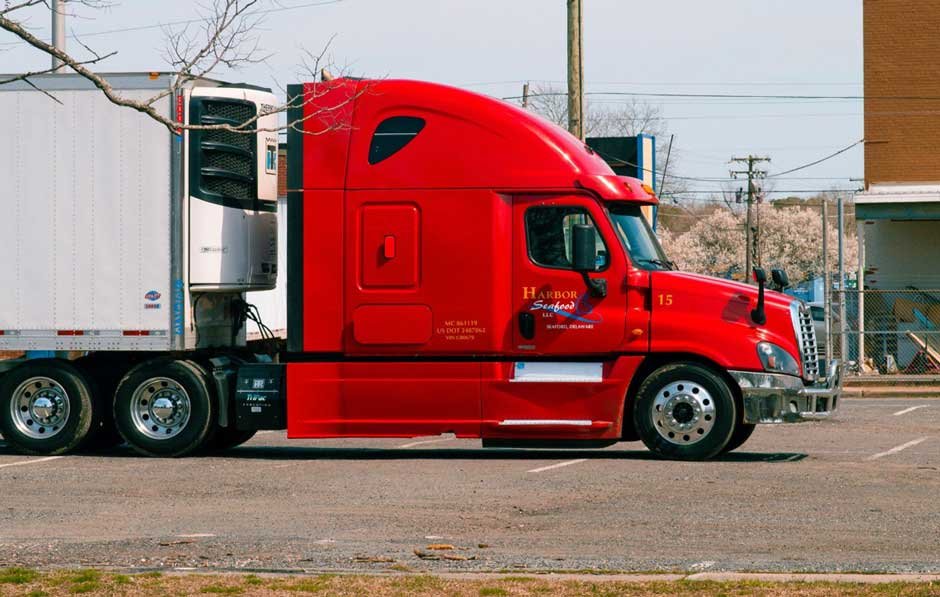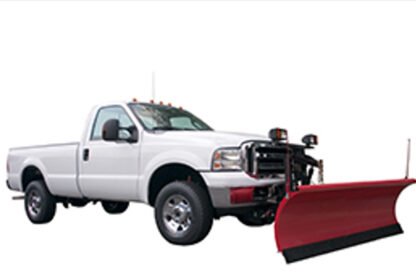US policymakers realize the importance of the alcohol and drug-free transportation industry. The regulations and policies mandate DOT agencies to incorporate routine alcohol and drug testing of safety-sensitive employees/workers in the sector. The DOT (Department of Transport) conducts regular drug and alcohol screening to ensure public safety. Commercial drivers with valid commercial driving certificates undertake mandatory DOT drug testing. The DOT monitors alcohol and drug use among commercial drivers in the transportation industry.
Why does the DOT Screen for Drug Abuse?
Excessive drinking and illicit substance use impact an individual’s coordination and cognitive functions. Driving under the influence of drugs and alcohol causes hazards to life and is life-threatening. Accidents and death due to alcohol intoxication and drug abuse are 100% preventable. It is where the DOT ensures that safety-sensitive commercial drivers perform their tasks responsibly at work. The lifestyle and health issues concerning alcohol and substance addiction are preventable. Routine DOT physical checkups and drug screening contribute to keeping commercial drivers safe and healthy.
Who Needs DOT Drug and Alcohol Screening?
Commercial drivers who carry eight or more passengers in the vehicle undertake routine physical examinations and DOT drug testing. Additionally, drivers carrying 10,000 lbs or more on their commercial vehicles, including passengers and freight, require DOT drug screening. There is another category of drivers who needs DOT alcohol and drug screening. They are the drivers transporting hazardous and toxic chemicals on the road. Non-commercial drivers carrying fifteen passengers or more, paid or unpaid, undertake DOT alcohol and drug screening.
Alcohol and drug testing are a part of the DOT physical examination process. After completing a DOT physical exam, a driver operates commercial vehicles for two years without restrictions. If there are health problems like cardiovascular disease, diabetes, high blood pressure, kidney failure, etc., he undertakes frequent DOT physical examinations, including drug testing. Other employees, workers, and part-time contractors of the DOT (Department of Transport) take a physical checkup every two years.
What to Expect During the DOT Alcohol and Drug Screening?
The primary component of DOT drug screening is the urine test. In cases where health problems (diabetes, heart, and kidney diseases) exist, the blood test is more favorable. The sample tests five types of drugs, hence, known as five-panel drug testing.
The five types of drugs are:
- Cannabis
- Marijuana
- Cocaine
- Phencyclidine (PCP)
- Hashish
The DOT drug testing also screens opiates like methadone, heroin, codeine, and morphine. Commercial drivers undertake drug screening for methamphetamines and amphetamines. Sometimes, the DOT drug testing screens for opiate painkillers. The medical practitioners performing the analysis should include every positive result in the review. The drivers should fill out the medical history DOT form with all prescriptions, and medications to avoid false negatives and false positives.
What Happens After a Positive DOT Drug Test?
When an individual fails the DOT drug testing, he is eligible to return to work under a professional Substance Abuse Professional or SAP and reestablish career opportunities.
Scheduling an Assessment with a SAP
To resume work, a person should undertake the assessment by DOT-grade professional SAP provider and adhere to the Return-to-Duty steps. SAP are professionals who make recommendations and create plans of Return-to-Work in compliance with DOT policies and regulations.
Complete Follow-up Rehabilitation/Treatment
During the consultation, the SAP provider establishes recommendations based on the cases. The recommendations include alcohol and drug rehabilitation, counseling, rehabilitation, and other steps as necessary.
Final Assessment
After completing the recommended treatment and rehabilitation, the candidate needs to complete a follow-up assessment with the SAP provider. The final evaluation determines if the candidate is eligible to rejoin duty and execute safe-sensitive tasks. In case of approval, the SAP provider sends documentation to the Designated Employer Representative (DER).
Conclusion
The US Department of Transportation conducts alcohol and drug testing for safety-sensitive jobs in the industry. Driving under the influence of alcohol and drug is fatal for drivers, passengers traveling, and other public. Thus, DOT drug testing is mandatory for all safety-sensitive commercial drivers. In case an employee fails to pass the DOT alcohol and drug testing, he is eligible to resume his job. The candidates have to remain compliant with DOT regulations and policies and rejoin work after assessment from SAP providers.









